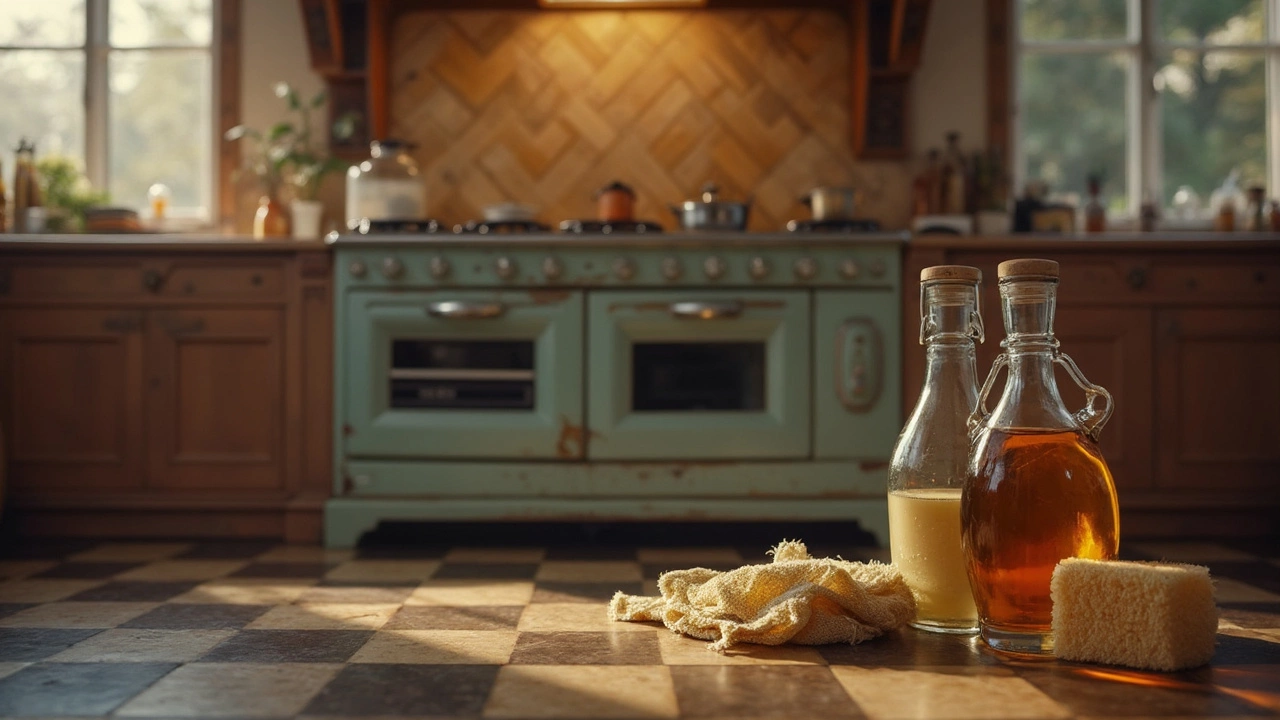Safe Cleaning: How to Clean Your Home Without Risk
Want a tidy house that’s also safe for the family? You don’t need harsh chemicals or expensive gear. Simple swaps and smart habits can give you a sparkling home while keeping kids, pets, and your own health out of danger.
Pick Products That Won’t Harm
Start with what’s inside your cupboard. White vinegar, baking soda, and a few drops of dish soap (like Dawn) are powerful cleaners for most surfaces. They cut grease, lift stains, and smell fresh without leaving toxic residues.
When you do buy commercial cleaners, check the label for “non‑toxic,” “pet‑safe,” or “green” certifications. Look for ingredients such as citric acid, plant‑based surfactants, and no phosphates. These formulas work well on windows, countertops, and bathrooms while staying gentle on skin.
Safe Techniques for Every Room
Kitchen: Mix equal parts water and vinegar in a spray bottle for countertops and stainless steel. For baked‑on grease, sprinkle baking soda on the area, spray with vinegar, let it fizz, then wipe clean. It’s the same trick we use on oven doors, and it avoids the harsh chemicals of store‑bought degreasers.
Living areas: Dust with a microfiber cloth – it traps particles instead of spreading them. For upholstery, a little Dawn mixed with warm water can lift spills without damaging fabric. Test on an inconspicuous spot first, then blot the stain, not rub.
Bathrooms: A paste of baking soda and water scrubs tiles and grout without scratching. For mirrors and glass, a spray of diluted vinegar followed by a microfiber wipe leaves a streak‑free shine. You’ll avoid the ammonia fumes that can irritate eyes and lungs.
Bedrooms: Mattress cleaning is simple – sprinkle baking soda, let sit 30 minutes, then vacuum. It neutralizes odors and kills dust mites without chemicals. For stains, a mix of cold water, a drop of Dawn, and a soft cloth works wonders.
Don’t forget ventilation. Open windows while you clean to let any vapors disperse. If you have pets, keep them in another room until the area dries.
Cleaning safely also means protecting your hands. Gloves are cheap and keep skin from drying out, especially when using any acidic solutions like vinegar.
Finally, set a routine. Regular light cleaning reduces the need for deep‑cleaning sessions that often call for strong agents. A quick wipe‑down with safe products keeps grime from building up, saving you time and money.
By choosing the right products and following these easy steps, you’ll have a clean home that’s free from hidden hazards. Safe cleaning isn’t a compromise – it’s a smarter way to live.

Does Vinegar Damage Your Oven? Discover the Facts
Vinegar is a popular natural cleaning agent, but is it safe to use on your oven? This article explores vinegar's effects on ovens, providing practical cleaning tips and addressing potential issues. Learn about vinegar's properties, how it interacts with different oven surfaces, and the best practices for maintaining your oven without causing harm.
Read More